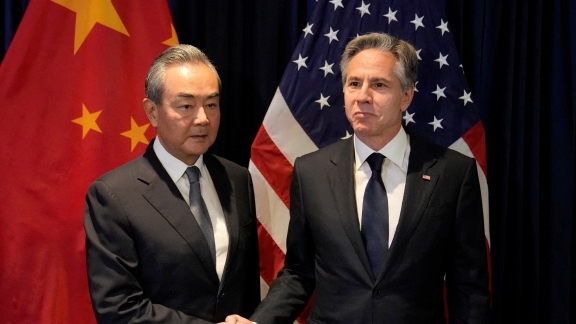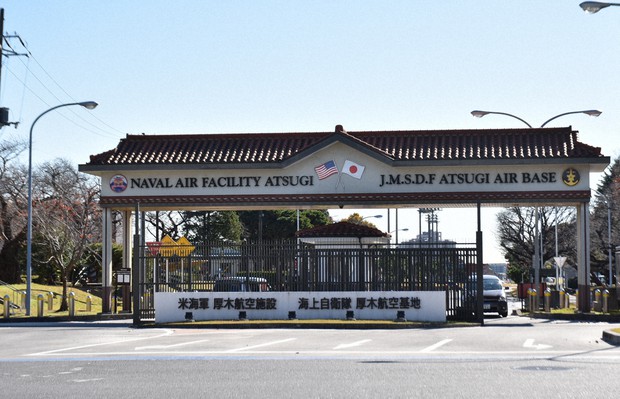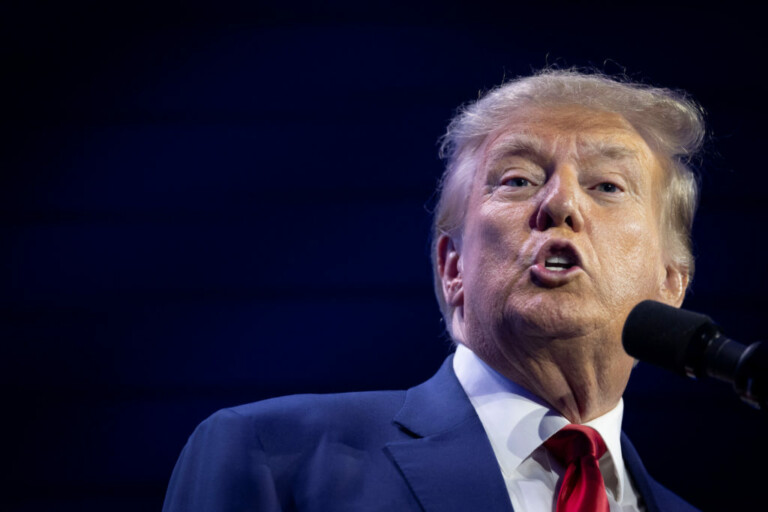Senior Chinese diplomat Wang Yi said that the United States should take concrete actions to bring China-U.S. relations back to the right track.
When meeting with U.S. Secretary of State Antony Blinken Thursday on the sidelines of a series of ASEAN foreign ministers’ meetings, Wang, director of the Office of the Central Commission for Foreign Affairs, said both sides have reached a consensus through in-depth and candid communications during Blinken’s visit to China last month.
The most important consensus is returning to the agenda set by the two heads of state in Bali, Indonesia, and taking a key step towards setting the right course of the giant ship of China-U.S. relations, he added.
The U.S. side should reflect on the crux leading to the difficulties of China-U.S. relations, turn the consensus reached between the Chinese and U.S. presidents at their Bali meeting into concrete actions, and make good on the promises made by U.S. President Joe Biden, Wang said.
Concrete actions are necessary to remove obstacles, both expected and unexpected, to accumulate momentum for a stable China-U.S. relationship, Wang noted.
He called on the United States to adopt a rational and pragmatic attitude and work with China in the same direction to advance consultations on the guiding principles for China-U.S. relations, expand diplomatic and security communication channels, improve the effectiveness of communications, and facilitate people-to-people exchanges.
Wang elaborated on China’s solemn position on the Taiwan question, demanding that the United States refrain from wantonly interfering in China’s internal affairs, or undermining China’s sovereignty and territorial integrity, stop its economic, trade, scientific and technological suppression of China, and lift its unlawful and unreasonable sanctions against China.
As major countries with important influence, China and the United States should respect the efforts of regional countries, support ASEAN centrality, and avoid triggering disputes and complicated factors in regional cooperation, Wang said.
The two sides also actively explored ways to carry out consultations on Asia-Pacific issues and maritime affairs. They considered this meeting to be candid, pragmatic and constructive, and agreed to maintain communication with each other.







